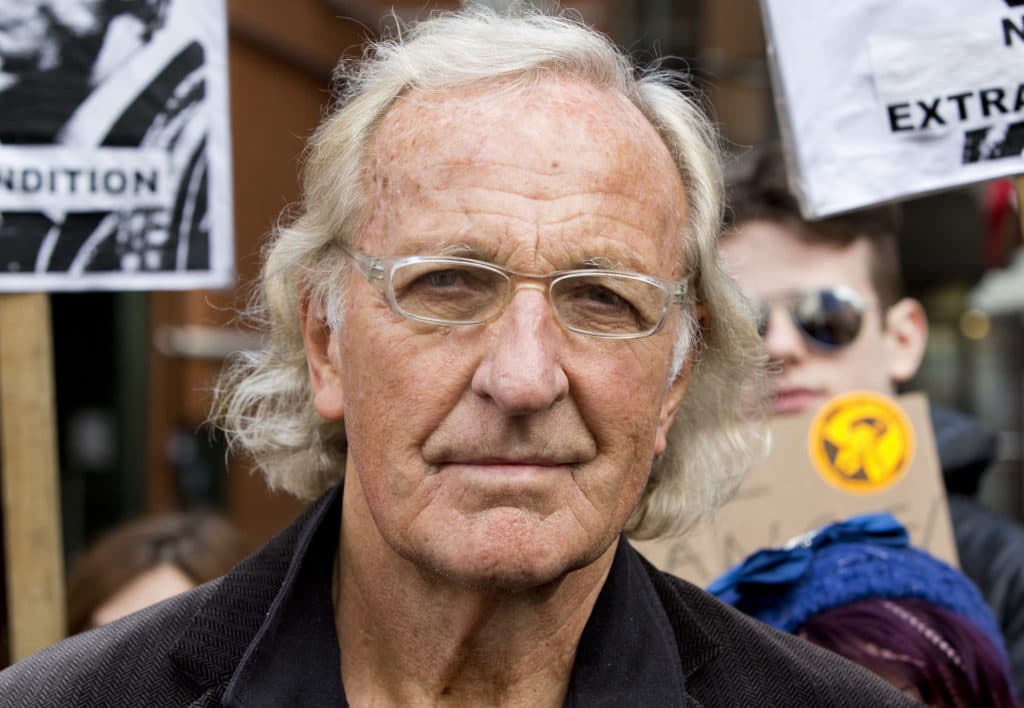Prominent Journalist John Pilger's Legacy Reexamined Amidst Genocide Downplaying Accusations

Following the recent passing of acclaimed journalist John Pilger, public discourse has reignited concerning his controversial stances on historical atrocities, drawing sharp criticism from various quarters. A social media post by user Rothmus 🏴 encapsulated much of this sentiment, labeling Pilger as "the anti-America obsessed commie who downplayed the Khmer Rouge and Balkan genocides." The tweet, which included a link to further content, highlighted long-standing criticisms of Pilger's reporting and political leanings.Pilger, who died on December 30, has been a figure of considerable debate for decades, particularly regarding his interpretations of conflicts and human rights abuses. Critics argue that his commitment to an anti-Western, specifically anti-American, narrative often led him to minimize or misrepresent the scale of atrocities committed by regimes opposed to Western powers. This perspective is central to the renewed scrutiny of his career.His reporting on Cambodia under the Khmer Rouge regime, while initially lauded for raising awareness, later drew accusations of downplaying the genocide. According to analyses, including one in The Telegraph, Pilger's work, particularly in his later career, was seen by some as an "apologist for genocide," a claim rooted in his perceived reluctance to fully acknowledge the extent of the Khmer Rouge's brutality. The Wikipedia entry on Cambodian genocide denial also lists academics and public figures who were accused of minimizing the atrocities, a context often associated with Pilger's early views.Furthermore, Pilger faced significant backlash for his commentary on the Balkan genocides, particularly his defense of Slobodan Milošević. He controversially asserted that "There was no genocide. The Nato attack was both a fraud and a war crime," a claim widely disputed by forensic evidence and international tribunals. Such statements contributed to his image as a polemicist whose conclusions often aligned with his anti-establishment premises, rather than objective investigation.The renewed focus on Pilger's legacy underscores the ongoing debate about journalistic objectivity and the responsibility of commentators when addressing sensitive historical events. His career, marked by both accolades and intense criticism, continues to provoke strong reactions, highlighting the deep divisions in how historical narratives and geopolitical events are interpreted.